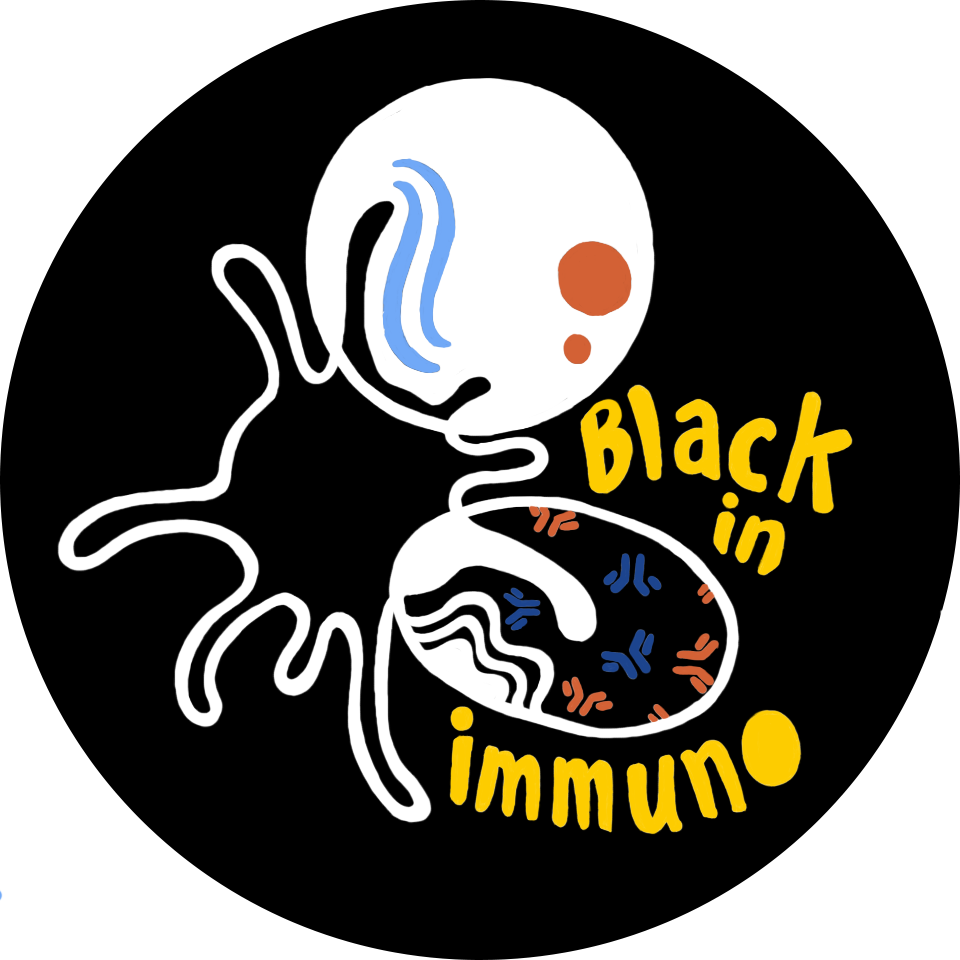TEDx-style talks: 10AM PST / 1PM EST / 6PM GMT | Q&A: 11AM PST / 2PM EST / 7PM GMT
Revisit the talks and Q&A using the link above, and/or check out the video and bios below.
About the Speakers
Berenice Mbiribindi, PhD
Talk Title: The Impact of Viral Peptides on Natural Killer Cell Function
Twitter: @BereniceMbiri
Dr. Mbiribindi was a Senior Postdoctoral Research Fellow at Stanford University – school of Medicine in Prof Sheri Krams’s lab (Transplant Immunology Lab). Her research interests focuses on NK cells and the impact of the major histocompatibility complexes class I (MHC-I) in modulating their functions. Combining in silico and in vitro analysis, she was working on understanding the role of NK cells in the context of Epstein Barr Virus (EBV) latent infection and their involvement in EBV related complications. Dr. Mbiribindi is joining Genentech later this year and her research will focus on Immunotherapy.
Juliet Morrison, PhD
Twitter: @JumoDr
Dr. Juliet Morrison is a virologist and Assistant Professor at the University of California Riverside. She earned her PhD in Microbiology at Columbia University, and completed postdoctoral training at Mount Sinai School of Medicine and University of Washington. Morrison currently researches host responses to human viruses including dengue virus, yellow fever virus, and influenza virus. Although host responses have been implicated in viral diseases, current therapeutic interventions generally target only viral replication. A complementary strategy for reducing the morbidity and mortality of virus infections would be to target the host response. A major interest of the Morrison lab is studying the dynamics and gene expression profiles of tissue immune cell populations during virus infections. The Morrison lab also focuses on understanding how emerging and re-emerging viruses antagonize innate immune pathways to promote their replication. Her goal is to translate these findings into host-targeted therapeutics for viral diseases.
Antonia Cuff
Talk title: How to give babies more time in their mother's womb to develop
Twitter: @AntoniaCuff
Antonia Cuff is a Research Postgraduate completing her doctorate at Imperial College London. She studies innate immune responses in pregnancy to help prevent babies from being born too soon. Her work focuses on the role of type 3 innate lymphoid cells in pregnancy and how they contribute to pregnancy success.
De’Broski Herbert, PhD
Talk Title: Overcoming barriers, pushing limits, and dispelling the imposter myth
Twitter: @DeBroski1
The Herbert laboratory explores the cellular and molecular regulatory networks controlling the inflammation that drives host protective immunity and tissue repair in humans and rodents infected with parasites. This research program is particularly focused on parasitic helminths, which are a major cause of morbidity in human populations and agricultural animals across the globe. The body of literature generated by this program has provided foundational insight(s) into the host-parasite interaction regarding the development of M2 macrophages, eosinophil effector functions, Type 2 innate lymphocytes (ILC2), and conventional T helper 2 cells (TH2). In recent years, we have turned our focus to the major gaps in understanding Trefoil factor (TFF) biology. TFFs (TFF1-3) are a family of small (6-14kDa) tissue reparative cytokines known to drive tissue repair through regulation of mucus viscosity, epithelial cell adhesion molecule expression, and cell survival. Despite this knowledge, the previous lack of in vivo validated TFF receptor(s) was a major obstacle to progress in this area. My group has identified a family of orphan type 1 transmembrane proteins in the leucine rich repeat and nogo interacting protein family (LINGO) as putative TFF receptors. The biology that we are uncovering behind this discovery stands to impact the fields of parasite immunology, mucosal immunology, and regenerative medicine. My laboratory has active ongoing projects focused on human helminth infection, dendritic cells as unconventional cellular sources of IL-33, Wnt pathway signaling and transgenesis in parasitic nematodes to study the basic tenets of antigen-specific CD4+ T cell biology. Overall, this research program is focused on the cellular and molecular mechanisms operating at the mucosal interface in health and disease.





